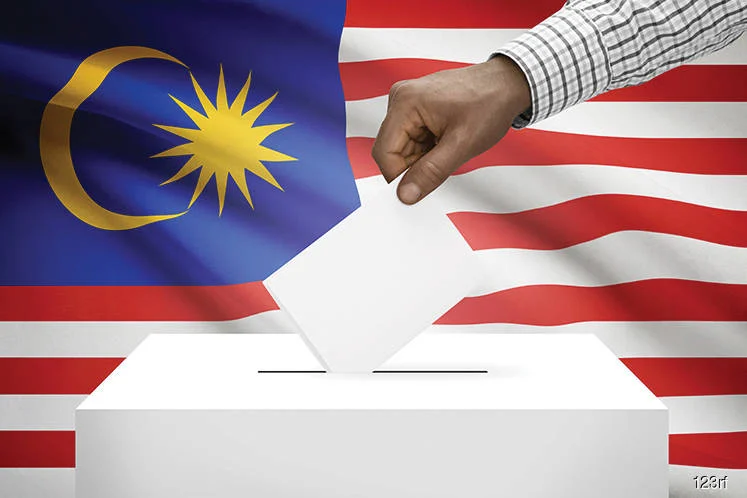November 16, 2022 2:35PM
Malaysia GE15 Election Poll Prediction (Final Day)

As the Malaysian 15th General Election (GE15) enters its final day of campaigning, Vodus Research has released a “Final Day” election prediction to investigate any changes from our “Final Week” election polling result that has been released on the 14th of November.
Our polling results and prediction are obtained by performing moving average on our data that are gathered by surveying 7,937 nationally representative voters on the 9th to 17th November 2022. We used our proprietary OMTOS survey technology to survey the audience of major online news and content publisher platforms in Malaysia.
Overall Results
Our final prediction for GE15 is that Pakatan Harapan (PH) will win the most seats (84), followed by Barisan Nasional (BN) with 67 seats, Perikatan Nasional (PN) with 33 seats, Gabungan Parti Sarawak (GPS) with 27 seats, Gabungan Rakyat Sabah (GRS) with 10 seats and Parti Warisan with 1 seat. We predict that no party will secure enough seats (112) to form the federal government without forming alliances.
State Analysis
The final week of campaigning has seen PH gaining the lead in majority of seats in Johor at the expense of PN. They have also managed to maintain their strong leads in Penang, Perak, Selangor and Kuala Lumpur from a week ago.
The seats in Negeri Sembilan are predicted to be evenly split between PH and BN.
East Coast is expected to be split between PN and BN with PN securing the most seats in Kelantan and Terengganu. We predict that BN will contest in Pahang by securing the most seats (8), followed by PN (3) and PH (3).
Our data have shown that that Gerakan Tanah Air (GTA) will not win any seats.
Over in East Malaysia, the local East Malaysian parties, GPS and GRS, have commanded a strong lead in the number of seats in their respective states. GPS and GRS are predicted to win 27 and 10 seats in Sarawak and Sabah respectively, while PH is predicted to win 8 seats, BN to win 11 seats and Warisan to win 1 seat in East Malaysia.
The opposition parties in Sabah are expected to lose many seats to GRS and BN due to PH and Warisan contesting against each other, splitting the votes among the opposition voters.













